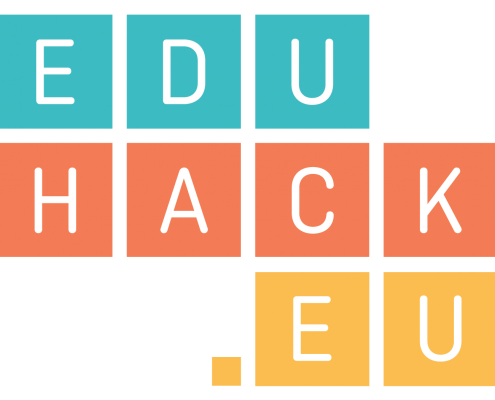The first 3 EduHackathons will be organised in Logroño, Torino and Coventry, hosted by the Partner Universities. By the end of the project’s funding period we, therefore, will have developed 3 event templates that our Network partners can utilise to organise their own EduHackathons.
Each of the 3 original events will address an important challenge to education in a digital/networked era (e.g. building meaningful and useful assessment, how to improve student engagement and active participation). During the EduHackathons, participants will work intensively in groups not only to learn but also to actually incorporate their new knowledge into practice.
You can find further details about the 3 EduHackathons below. Please note that although there may be a few reserved spaces for external participants, Network partners will enjoy priority.
Would you like to hear from us when the registration to the next EduHackaton is open? Then please let us know by filling in this form.
Spanish EduHackathon
Date: 15 May 2019
The Spanish EduHackathon in Logroño was organised on the occasion of the CITES Conference, the international yearly event organized by UNIR that gathers around 400 university professors and ICT experts. 22 professors participated in the EduHackathon, working on four ideas and successfully collaborating to meaningfully improve their teaching through the use of ICT.
Venue
Italian EduHackathon
Date: 27-28 April 2020
The Italian EduHackathon was organised entirely online (due to the Covid-19) and involved 20 professors and researchers from the Politecnico di Torino (organising institution), eCampus University and the University of Genoa. The participants, assisted by 5 facilitators, worked in groups to develop 5 project ideas on tools or practices useful for distance teaching and learning.
Venue
English EduHackathon
Date: 10th & 17th June 2020
The English hackathon is splitted into two separate sessions and hosted online by Coventry University. It aims to innovate in the design of Collaborative Learning experiences and Group Assessment, making sure technology is used effectively to make them more meaningful and valuable to students. Group work and assessment have proved to be challenging in many disciplines and in the context of a post COVID-19 world – where online and blended learning are not just important but essential – a whole new range of considerations require careful attention.

